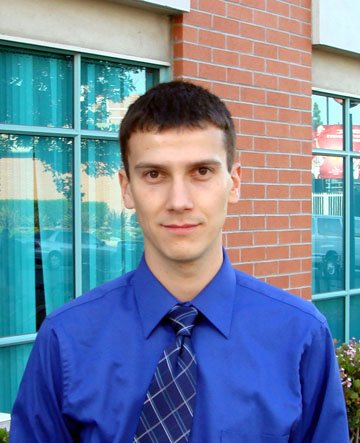I invite your criticism, comments, and amendments, before I myself take this oath.
Galilean Oath:
I swear to fulfill, to the best of my ability and judgment, this covenant:
I will respect the hard-won scientific gains of those in whose steps I walk and gladly share such knowledge as is mine with those who are to follow.
I will apply, for the benefit of knowledge, all measures required, avoiding twin traps of drawing conclusions without proper support and ignoring those supported conclusions that contradict my hypotheses.
I will remember that there is art to science as well as to engineering, and that awareness of the larger picture of application and impact may outweigh the scientific pursuit of ever expanding knowledge.
I will not be ashamed to say "I know not," nor will I fail to call in my colleagues when the skills of another are needed for an experiment or analysis.
I will respect the privacy of my subjects, for their data are not disclosed to me that the world may know.
I will most especially tread with care in matters that affect life and death. My research may save a life, but it may also be within its power to take one. This awesome responsibility must be faced with great humbleness and awareness of my own frailty. Above all, I must not overstep the bounds of one human.
I will remember that I do not treat an experiment, a chart, or a slice of data, but rather a hypothesis and the pursuit of knowledge and truth, whose exposure could affect financial, political, and other stabilities. As a scientist, my responsibility includes these related problems.
I will strive for simplicity of explanation, both in my theories and in presentation.
I will remember that I remain a member of society with special obligations to knowledge and to all my fellow human beings.
If I do not violate this oath, may I enjoy life and art, respected while I live and remembered with affection thereafter. May I always act so as to preserve the finest traditions of my calling and may I long experience the joy of exposing previously concealed knowledge and truth.
For reference, here is the Hippocratic Oath:
I swear to fulfill, to the best of my ability and judgment, this covenant:
I will respect the hard-won scientific gains of those physicians in whose steps I walk, and gladly share such knowledge as is mine with those who are to follow.
I will apply, for the benefit of the sick, all measures [that] are required, avoiding those twin traps of overtreatment and therapeutic nihilism.
I will remember that there is art to medicine as well as science, and that warmth, sympathy, and understanding may outweigh the surgeon's knife or the chemist's drug.
I will not be ashamed to say "I know not," nor will I fail to call in my colleagues when the skills of another are needed for a patient's recovery.
I will respect the privacy of my patients, for their problems are not disclosed to me that the world may know. Most especially must I tread with care in matters of life and death. If it is given to me to save a life, all thanks. But it may also be within my power to take a life; this awesome responsibility must be faced with great humbleness and awareness of my own frailty. Above all, I must not play at God.
I will remember that I do not treat a fever chart, a cancerous growth, but a sick human being, whose illness may affect the person's family and economic stability. My responsibility includes these related problems, if I am to care adequately for the sick.
I will prevent disease whenever I can, for prevention is preferable to cure.
I will remember that I remain a member of society, with special obligations to all my fellow human beings, those sound of mind and body as well as the infirm.
If I do not violate this oath, may I enjoy life and art, respected while I live and remembered with affection thereafter. May I always act so as to preserve the finest traditions of my calling and may I long experience the joy of healing those who seek my help.



